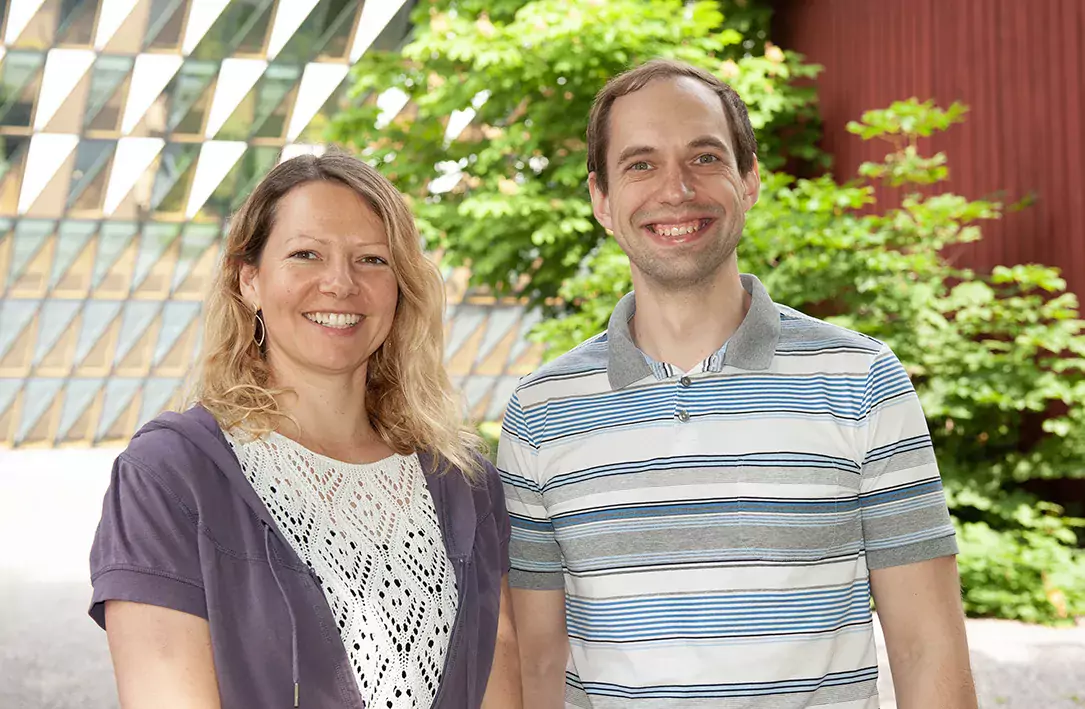Harnessing the power of healthy cells to suppress skin cancer formation

A team of researchers at Karolinska Institutet and Yale School of Medicine wanted to know what happens to mosaic skin upon injury. Do simple wounds or surgery enhance the skin cancer risk by expanding mutated cells even more as generally believed? The surprising answer is no, according to newly published study in Nature.
Our healthy skin is a mosaic collection of both normal and mutation-bearing cells. As we age, a growing number of cells accumulate more mutations including those that can cause cancer. Eventually these mutant cells fueled by environmental insults such as high sun exposure gradually outcompete our healthy cells rendering individuals more susceptible to skin cancers.
Intriguing to know is what happens to skin when it is injured. Do wounds increase skin cancer risk by speeding up the expansion of the mutated cells? The surprising answer is no. Instead of promoting mutant cell growth, injury promotes healthy-cell expansion which in turn keeps mutated cell growth under control.
“This finding completely changes our way of thinking about cancer initiation and suggests that signals released by an injury might actually counteract rather than promote tumorigenesis,” said lead author Sara Gallini from Valentina Greco’s lab at Yale School of Medicine.

By following the live behavior of cells in wounded and non-wounded skin and analyzing their respective molecular signals, the researchers found that injuries to skin are unexpectedly helpful. They activate a signaling cascade that favors healthy rather than mutated cells.
“This finding gives hope to design innovative therapeutics that combat cancer by stimulating cell signaling routes that enhance the selective proliferation of healthy cells and thereby suppress oncogenic growth”, says Maria Kasper, associate professor at the Department of Cell and Molecular Biology, and adds:
"Today’s cancer treatment strategies tend to suppress proliferative cells and might inadvertently impair the opportunity for mosaic tissue to deploy natural defenses against tumor cells".
This work was carried out in the labs of Valentina Greco at the Yale School of Medicine and Maria Kasper at Karolinska Institutet and in collaboration with Kathleen Cook Suozzi, Associate Professor vid YSM.
The text is based on a press release by the Yale School of Medicine.
Publication
Injury prevents Ras mutant cell expansion in mosaic skin.
Gallini S, Annusver K, Rahman NT, Gonzalez DG, Yun S, Matte-Martone C, Xin T, Lathrop E, Suozzi KC, Kasper M, Greco V
Nature 2023 Jun;():
